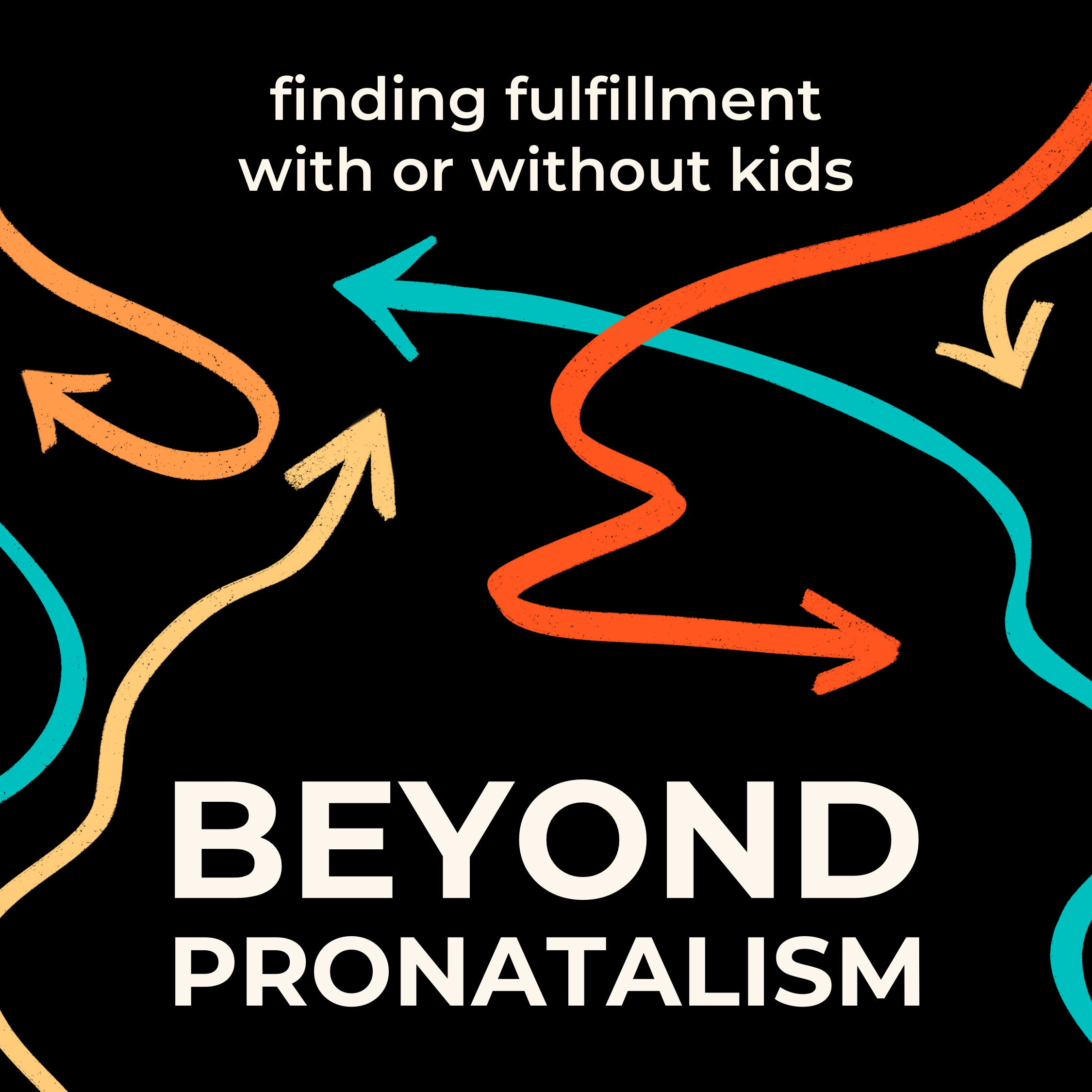Listen on your favorite app
OVERSHOOT | Shrink Toward Abundance
OVERSHOOT tackles today’s interlocked social and ecological crises driven by humanity’s excessive population and consumption. The podcast explores needed narrative, behavioral, and system shifts for recreating human life in balance with all life on Earth. With expert guests from wide-ranging disciplines, we examine the forces underlying overshoot: from patriarchal pronatalism that is fueling overpopulation, to growth-biased economic systems that lead to consumerism and social injustice, to the dominant worldview of human supremacy that subjugates animals and nature. Our vision of shrinking toward abundance inspires us to seek pathways of transformation that go beyond technological fixes toward a new humanity that honors our interconnectedness with all beings. Hosted by Nandita Bajaj and Alan Ware. Ranking in the top 1.5% of all podcasts globally, we draw listeners from across 150 countries.
Read our Listener Feedback. | Support this podcast. | Subscribe to our newsletter.
New to our podcast?
There are over 80 episodes of OVERSHOOT. If you are new to the podcast and looking for a good place to start, we recommend you listen to these episodes first.
Latest Episodes

The Other Significant Others
Friendship is not a “nice-to-have” but a core, potentially transformative human connection. Rhaina Cohen, author of The Other Significant Others: Reimagining Life With Friendship at the Center, joins us.

New Podcast Announcement: "Beyond pronatalism | Finding fulfillment, with or without kids"
We’re excited to share that we’ve launched a second podcast, Beyond Pronatalism: Finding Fulfillment, With or Without Kids. Host Nandita Bajaj interviews women and men from diverse backgrounds who are courageously and creatively navigating pronatalism - the powerful pressures to have children - and forging unconventional pathways to fulfillment.

The Childfree Choice More Prevalent than Reported
Childfree adults make up a significant portion of the population, yet they remain largely invisible in policymaking and demographic surveys. Zachary Neal and Jennifer Watling Neal, psychologists and childfree researchers, join us.






